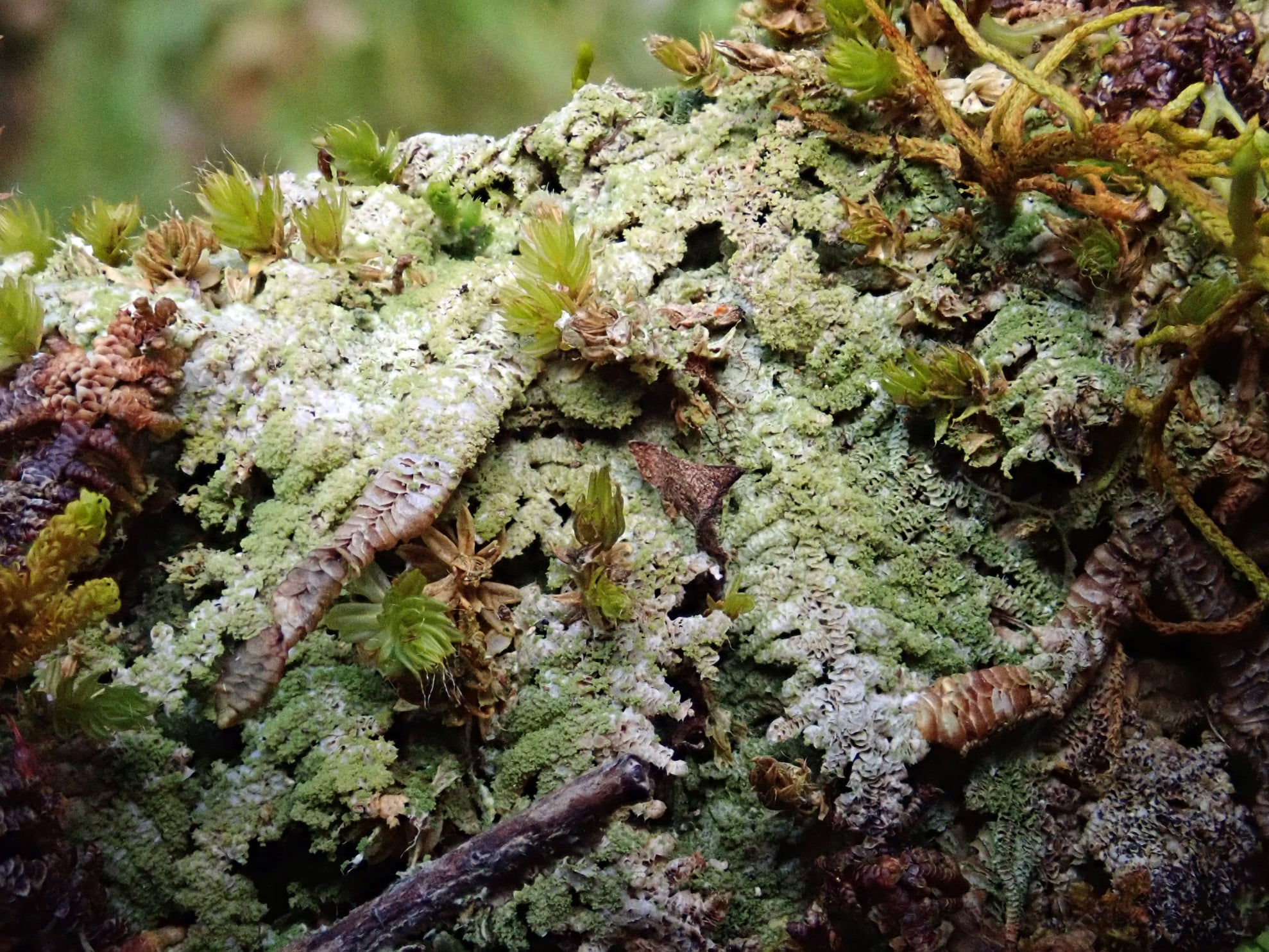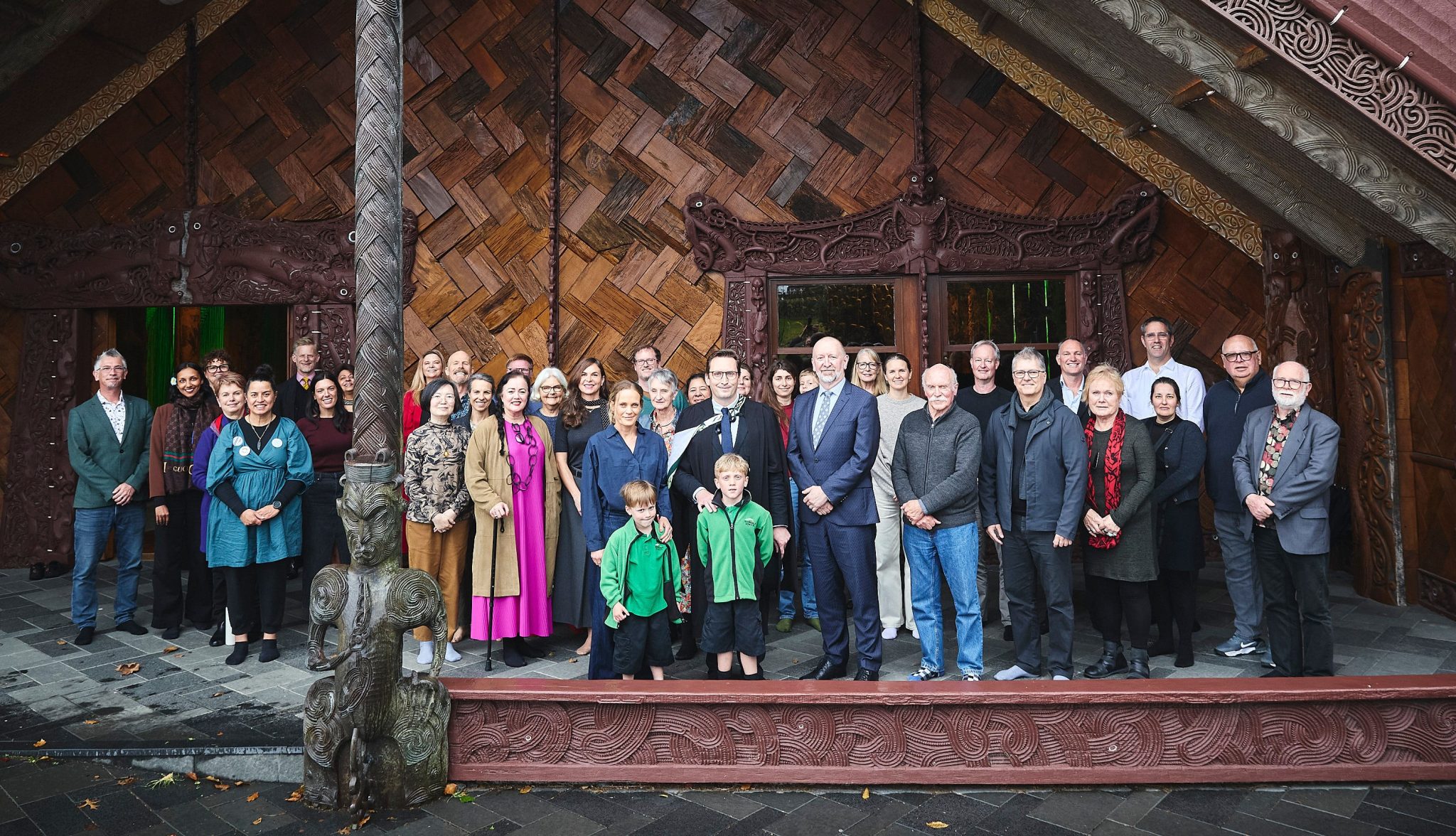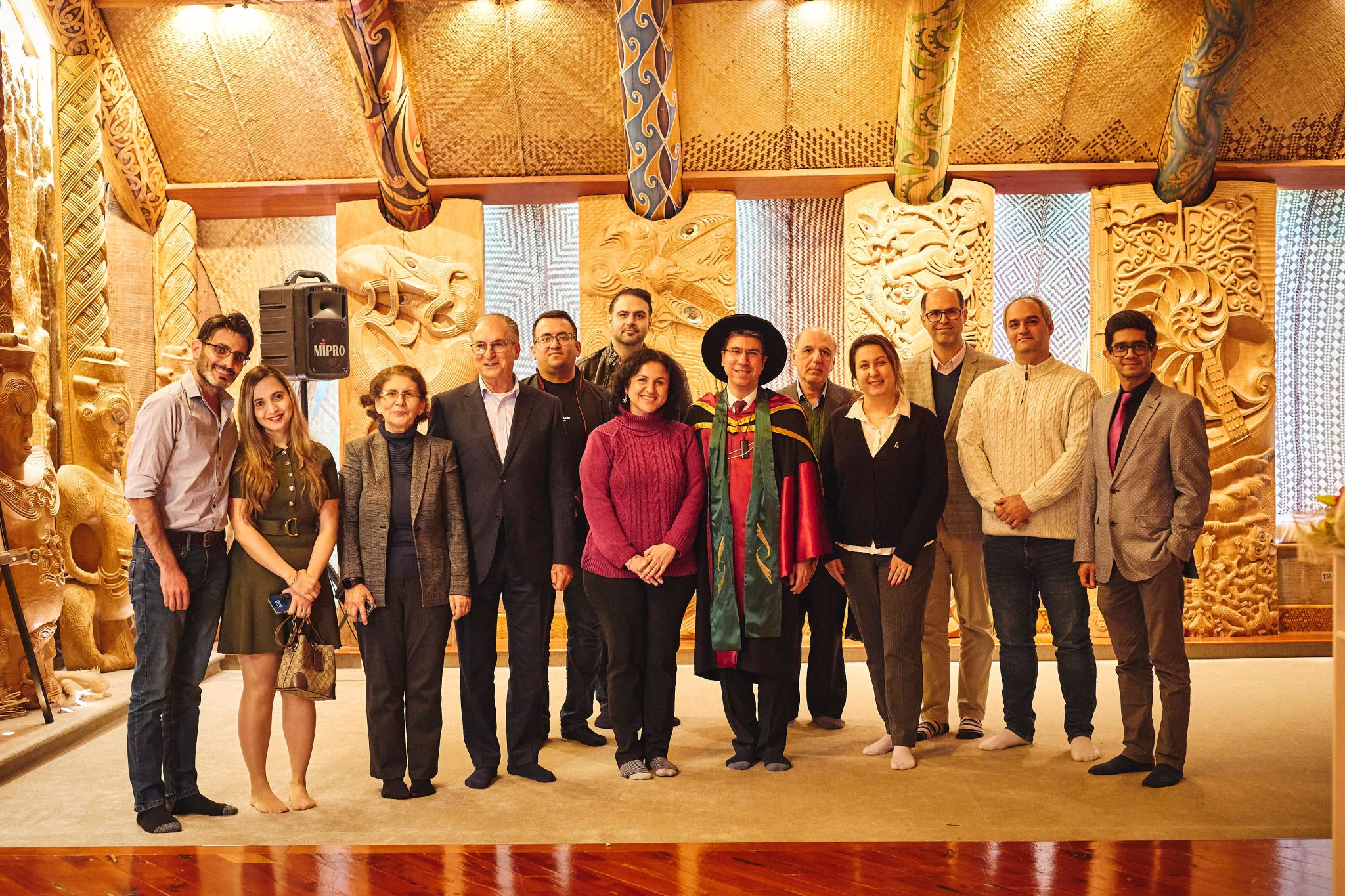Guest post by Dr Peter de Lange
For many decades, the main tertiary institutions of Aotearoa New Zealand published a range of peer-reviewed natural history journals administered by various schools and departments. For example, the University of Auckland had Tane, the University of Waikato The Earth Sciences Journal and Victoria University of Wellington Tuatara. These journals provided a vehicle for staff and research students to publish a range of observations and studies that may otherwise prove harder to publish in main-frame scientific periodicals. Critically, these journals enabled mentoring of students through the publication process.
Over time, these important resources have fallen away; Tane was the last to cease publication, in the mid-1990s, by which time it had been taken over the Offshore Islands Research Group. This loss has been keenly felt, as many of the papers published in those journals documented a range of natural sciences and subjects that are now rarely seen in other journals and so are extremely valuable. Unfortunately, papers on the flora and fauna of offshore islands, regional checklists, preliminary results from field studies and observations of wildlife behaviour are often harder to publish, either because they are deemed ‘incomplete’, or the content ‘too broad’ and not ‘impactful’. The advent of widespread scientific publication charges, and, in many cases, what has been viewed by the science community as overly harsh controls on paper dissemination, has meant that publication for many is now beyond their pay scale, and if it is published their work is so strictly controlled as to be hardly seen, except by the monied, resulting in inequitable access – only those who can pay for open access can get their work widely read.
Unitec ePress’s Perspectives series (funded by Tūāpapa Rangahau, Unitec | Te Pūkenga) offers an opportunity to overcome these issues. The first periodical in that series, Perspectives in Biosecurity, established in 2015 by then Associate Professor Dan Blanchon (now an Adjunct Associate Professor working at Auckland Museum) and the late Mel Galbraith (School of Environmental and Animal Sciences) set the model. Subsequently, Laura Harvey and Kristina Naden from Unitec’s School of Environmental and Animal Sciences, and Otago Polytechnic set up Perspectives in Animal Health and Welfare in 2022. In April 2023 a further journal, Perspectives in Biodiversity was set up by Professor Peter J. de Lange and Dr Marleen Baling, also from the School of Environmental and Animal Sciences.
This newest journal, along with the other two, is providing a welcome forum for rapid, free online publication. Perspectives in Biodiversity is also trialling a new format more in line with high-impact scientific journals. This journal has a very broad scope, and any paper examining aspects of natural history will be considered. As with the other two journals, peer review is double blind, with the journal administered by two Senior Editors (de Lange and Baling) and nine Associate Editors – three international and six Aotearoa New Zealand-based academics. The journal also has three cultural advisors to cover Māori, Moriori and Pasifika content. Manuscripts, once accepted, are expertly handled by ePress Editor Marie Shannon.
Following the announcing of the journal in May 2023, the editors have processed to final publication four papers on subjects ranging from the avifauna of Rēkohu / Wharekauri / Chatham Island, through to the biota associated with the exhibits of the Auckland Zoo. One paper describes a new species of lichen, Megalaria crispisulcans. A further three manuscripts are still under review and the Senior Editors have already been contacted by many prospective authors, both national and international, keen to offer their manuscripts – and this is all before we have properly advertised the journal. It’s been great to see the willingness of those working behind the scenes at Unitec | Te Pūkenga to support the new journal as well as the others.




